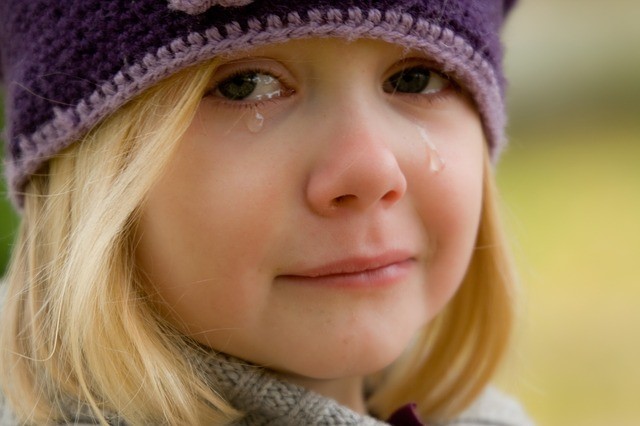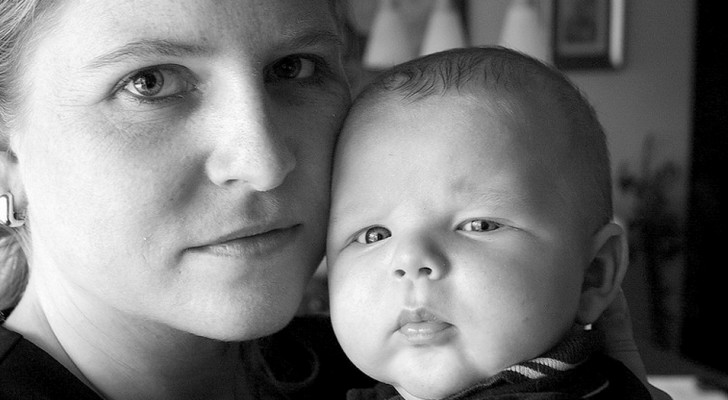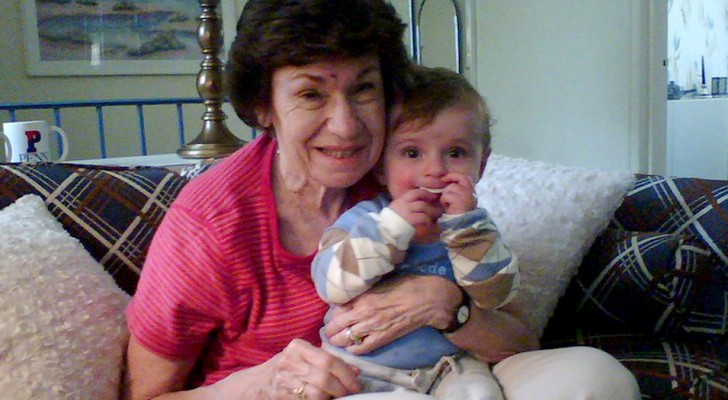Blood is thicker than water, but sometimes it's our family members that can be the cause of our unresolved traumas

In life, it is inevitable to feel deeply hurt by a situation or someone. But even as young children we learn that we have to overcome displeasure and sorrows in one way or the other.
Unfortunately, it is sometimes very difficult to recover quickly after being emotionally hurt by someone very dear to us, such as a close relative.
In fact, emotional and psychological wounds caused by family members can take longer than expected to heal, at worst they can continue to hurt a person for their entire life.
Our family is the place where we all want to feel protected, but often it is within the family that we find those who are ready to intentionally hurt us.

Arguments in the family always cause a lot of regrets. For example, an accusation made by a relative, therefore, by a person we believed we could trust, does much more harm than if it came from a friend or a stranger.
A trauma experienced as a child remains imprinted for life. And to overcome such an incident takes time, but to overcome a painful event or situation caused by a family member takes much, much more time.
Indeed, there is a research study that proves that in reality, it is only a sort of clichè to say that "time heals all wounds". In reality, deep-rooted fears or traumas can affect a person for their entire life, if not addressed properly.
Often, in fact, we try to forget what has caused negative emotions and to even deny that it ever even happened. In this way, however, fear and sorrow are not metabolized and will return to haunt us during the course of life in different forms - introverted personality, anxiety, panic attacks, etc.

The fact that family emotional wounds are the most difficult to deal with is confirmed by the existence of a nascent scientific branch, epigenetics in psychology. This discipline studies how trauma is immediately transmitted to subsequent generations.
It has been seen, for example, that a pregnant woman who suffers a traumatic event, can transmit it to the fetus, for example, thereby, making the unborn child predisposed and more susceptible to stress after birth.
In life, we must learn to be strong, to get up again after we experience some hard knocks coming either from something or someone. We must also accept the fact that for certain emotional and psychological wounds it will take longer than expected and that even from our own family, unfortunately, we can receive some unexpected low blows.





